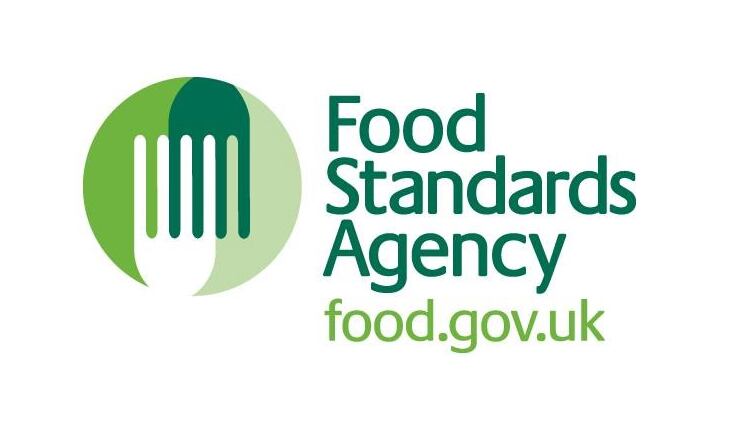Rob Stephens, managing director of Systems Integration, said Issue 8 of the standards – published in August – posed a significant challenge for the industry in proving compliance, document control and reporting.
“Looking at the new recommendations and changes to the previous report, the direction of travel continues to focus on the accurate management of data and, in particular, ensuring that every business can provide one version of the truth,” said Stephens.
“This can only be achieved effectively by digitalising the QA manual. Otherwise, there is no way food businesses can ensure that the hundreds of QA tasks required at different periods in time, from hourly checks to weekly, monthly and annual assessments are correctly completed.”
Difficult to complete tasks
Operations managers working for food and drink processors that are still reliant on paper-based records will find it very difficult to ensure QA tasks are completed at the right time, he added.
Stephens also warned that, in terms of ‘proof points’, it was impossible to demonstrate that the information was obtained at that specific time and reported correctly.
“This is the reason why the digitalisation of the QA manual is so important; it provides the opportunity to eliminate the reliance on paper processes and fundamentally drive compliance,” Stephens concluded.
“Powered by real-time data, individuals or groups of people can be alerted to required actions throughout the day, month and year electronically. It also plays the important role of recording information as data entries, instead of lines on a sheet of paper.”
Act in real time
Stephens called on producers to act in real time and make sure record-keeping could have a positive impact on quality and food provenance.
Meanwhile, last month, the Food Standards Agency (FSA) criticised the BRC’s latest publication for its supposed lack of collaboration with the organisation.
FSA board member David Brooks expressed his disappointment that third-party assurance schemes such as the BRC had not consulted with his organisation more.
“We’ve had a new version of BRC standards come out in the last month or so and it’s disappointing that our ability to be involved in its creation has been limited or possibly nil,” said Brooks.



